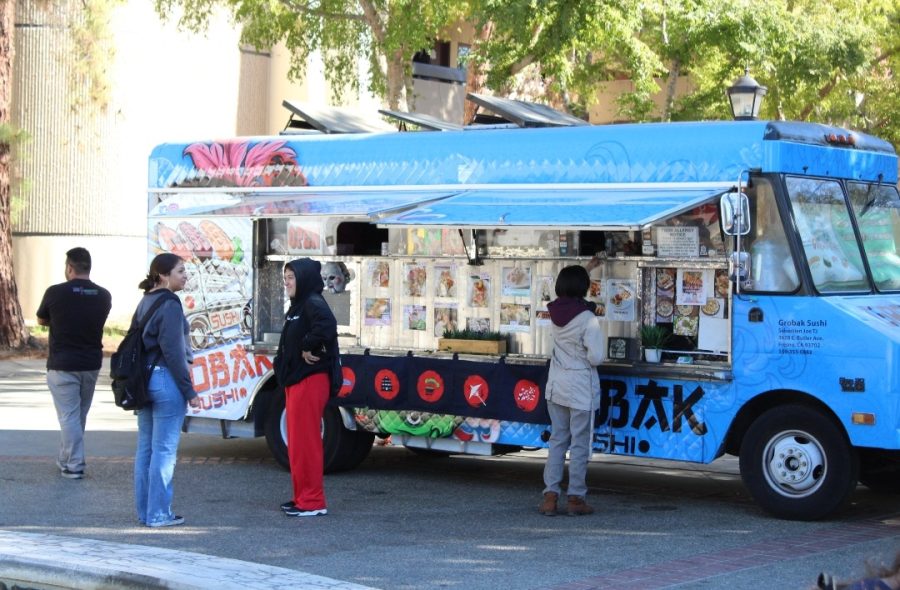Last Monday, I was sitting in my English class watching my teacher’s presentation on the effect of color and what it means culturally. As an artist, I recognize that certain colors represent certain things depending on our culture. For instance, here in the U.S., red represents power, blue shows dignity, black stands for reverence, and so on.
When it got to purple, someone in the class started making jokes about how purple is a gay color. He further related it to France, denouncing it as a gay nation. For about 15 minutes out of a 70-minute class, everyone was just laughing at his jokes. Even the teacher had a slight smile, but I could tell that what bothered me was also bothering her. I felt alone in the room as I wondered why something would be funny because it was French or gay.
For whatever reason, this man had decided to point out things in other cultures that he viewed as being below him and then slapped a label on them to further his assumption. More than likely, he didn’t think about what he was saying that deeply, and he probably didn’t mean any offense to it. But from the perspective of someone who wasn’t laughing, his jokes were sickening examples of how common baseless discrimination has become here.
At a common, everyday level, we’ve somehow managed to make the slander of entire races and groups into something enjoyable. Not a day goes by that I walk around the Fresno City College campus without hearing plenty of it.
Being somebody who tells a lot of jokes, I can usually recognize when something is hilarious or not. Some of the best jokes are told spontaneously, I just don’t understand why that has to be discriminatory.
To me, it’s not funny when the punchline of a joke has something to do with a racial or cultural stereotype. I fail to see the appeal to a story that’s only “funny” because Mexican people are hopping fences.
Nine times out of 10 I’m not offended, but it pisses me off to know that in the past, people sacrificed so much in order to pursue equality and freedom of oppression, and we “honor” that by telling stories and making assumptions about black people and watermelon.
It wears away at my sanity whenever I wonder why in the world anybody would put up with this crap. Sure, it begins as a joke that you tell in front of your friends, but you lower your voice when a group of Mexicans pass by. And maybe the joke was actually funny. But it’s not long before people expect others to pursue goals based on the stereotypes about them. In time, what was once a pun has become an assumption that destroys one’s ability to accurately and equally view people. At that point, it’s not about humor.
What makes it so appealing to call the French gay when you’ve never even met a French citizen? Why is it such a common act to point out features of a culture in context that we don’t see in ourselves and then demonize those features somehow?
In the end, I suppose it’s because it amuses us and makes us feel more powerful when we point out things we find strange, different or stupid. We use this ability to unite people by giving a group a scapegoat, allowing us to stand taller than another simply because we can. All that this profiling creates is a hierarchy of exploitation based on who we decide to shun and disparage, and for what?
We do it because “they” are not “us”. It’s as simple as that.
Maybe I’m too na’ve to know what society should be like in this day and age… but it’s not this. It can’t be this. Surely we, as decent people, are better than that.



